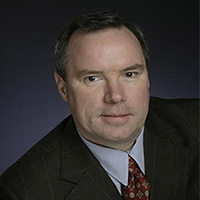Seattle Estate Lawyer, Washington, page 4
Sponsored Law Firm
-
 x
x

Click For More Info:
-
Lyons | Sullivan
10655 NE 4th Street, Suite 704 Bellevue, WA 98004» view mapEstate Serving The Best Interests Of Our Clients
Our estate planning services enable clients to take control and achieve their goals regarding the disposition of their property.
800-731-8671
S. Lamont Bossard
Construction, Wills & Probate, Corporate, Banking & Finance
Status: In Good Standing Licensed: 46 Years
Robert T. Czeisler
Wills, Trusts, Family Law, Medical Malpractice
Status: In Good Standing Licensed: 53 Years
Andrew Robert Bryant
International, Industry Specialties, Gift Taxation, Business
Status: In Good Standing Licensed: 22 Years
Christopher Joseph Yoson
Wills, Gift Taxation, Insurance, Contract, International Tax
Status: In Good Standing Licensed: 25 Years
David A. Leen
Class Action, Family Law, Estate Planning, Real Estate
Status: Inactive Licensed: 53 Years
Scottland Paul Glenn
Real Estate, Wills, Trusts, Gift Taxation
Status: In Good Standing Licensed: 10 Years
Leo Paul Ohainle
International Tax, Wills, Estate Planning, Estate
Status: In Good Standing Licensed: 21 Years
Bruce Andrew Mcdermott
Trusts, Environmental Law Other, Employee Rights
Status: In Good Standing Licensed: 40 Years
 David Lyons Bellevue, WA
David Lyons Bellevue, WA AboutLyons | Sullivan
AboutLyons | Sullivan Practice AreasExpertise
Practice AreasExpertise
